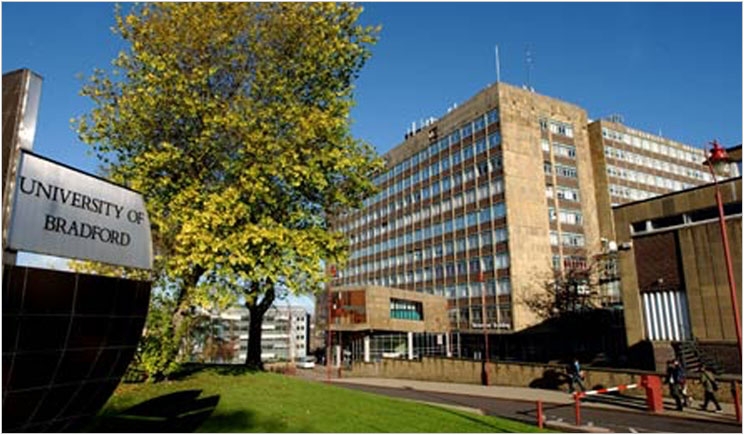
A recent study of children’s teeth from 19th century cemeteries showed that the biochemical composition of teeth was extremely telling about the mother’s health.
A group of researchers from the Universities of Bradford and Durham analyzed the teeth from a cemetery in Ireland and one in London. The teeth provided a great deal of insight, including showing the difference between the infants who died and those who lived past early childhood.
These findings appeared in the American Journal of Physical Anthropology. The results matched up with people from the Iron Age and in Neolithic Shetland. More studies of children’s teeth will be conducted in Bradford and Sudan.
If some of the same patterns persist in modern-day mothers and children, the researchers would like to form a basic test that would be performed on babies to determine possible health problems in adulthood.
Levels of carbon and nitrogen isotopes within bone and teeth change with different diets, which is why baby teeth can reveal clues about the diet of the mother during pregnancy and the child’s diet right after he or she is born. The first permanent molar forms around the time of birth and is retained into adulthood. Each layer of tooth equals about four months of growth. These indicators also are present when determining if a baby has been breastfed.
The results of the analysis from one of the cemeteries turned out to be the opposite of what you would think. The babies who possessed higher nitrogen isotope levels at birth didn’t live into adulthood while those who survived had lower and more stable nitrogen isotope levels. The results from the Victorians buried in London showed the same results.
This information led the researchers to conclude that higher nitrogen isotope levels showed that the mothers were malnourished and dealt with stress. In light of this information, the researchers are analyzing 13,500 children born between 2007 and 2010 and tracking their health through childhood and into adulthood. Ideally this study will show definitive evidence that there’s a correlation between nitrogen/carbon isotope levels and the medical history of the mother and future health of the children.



